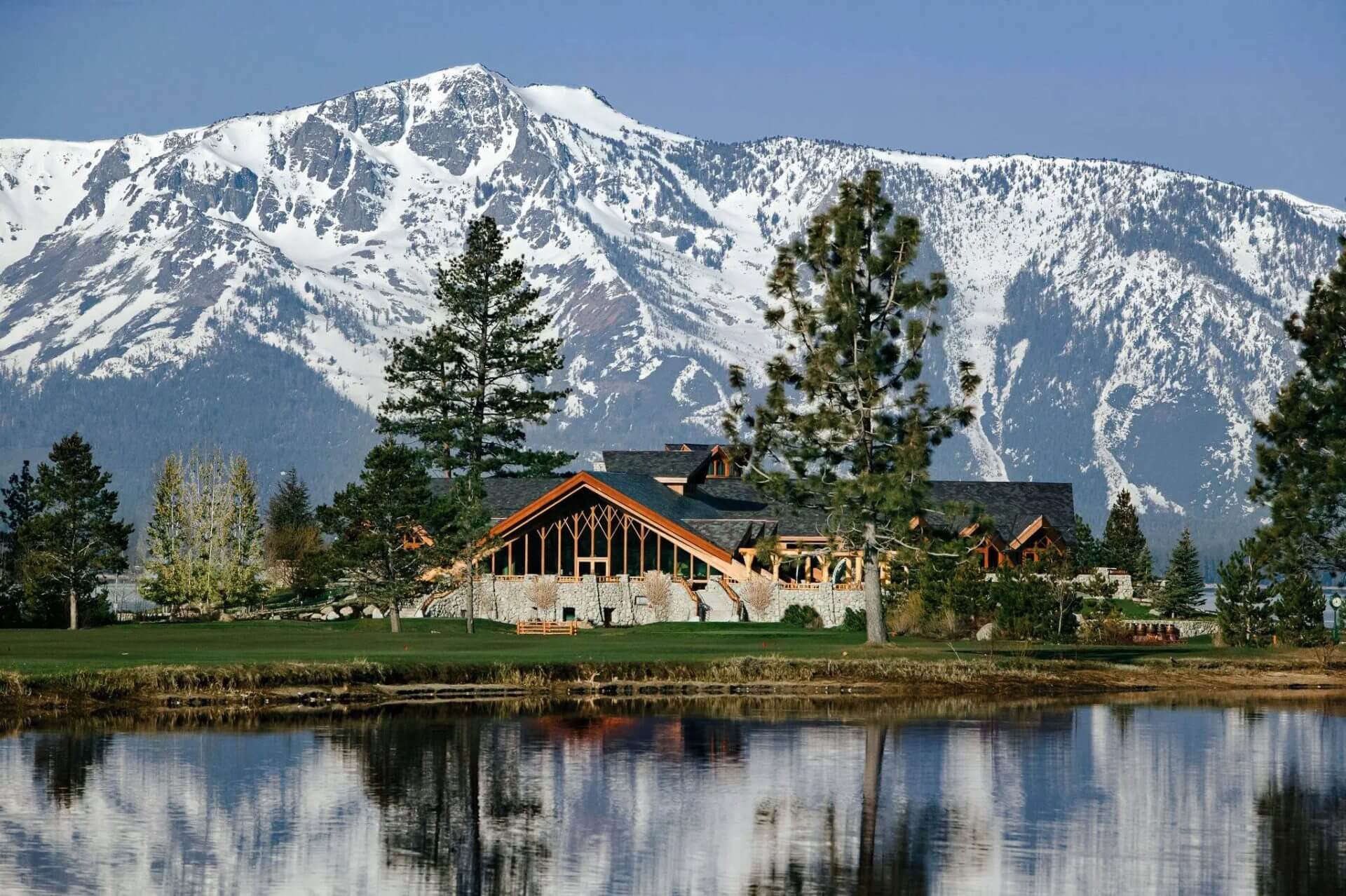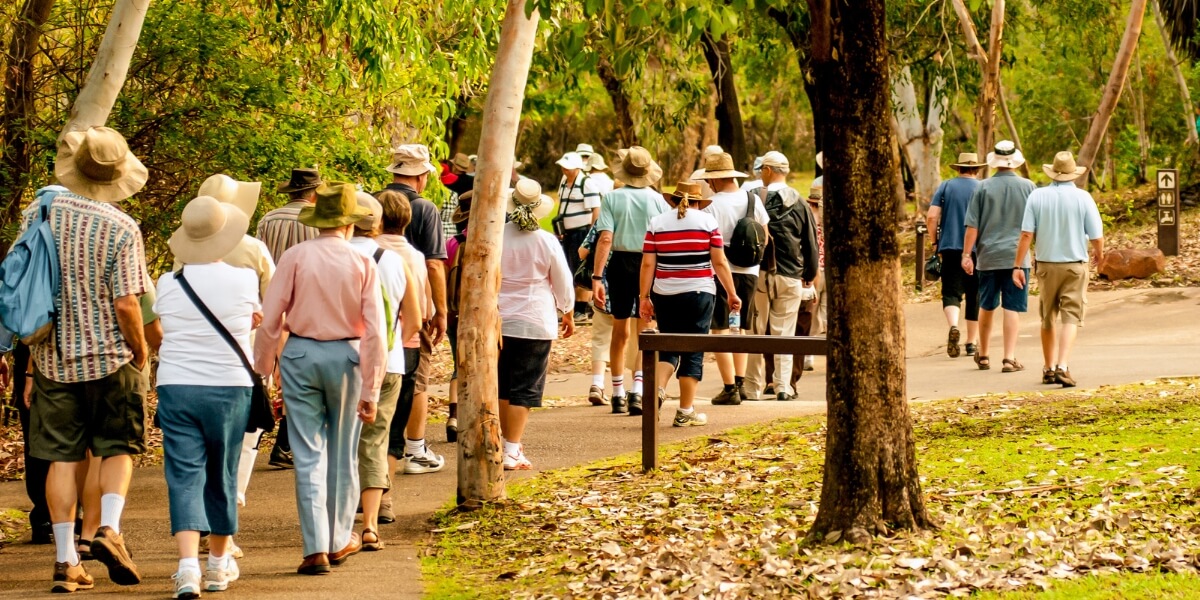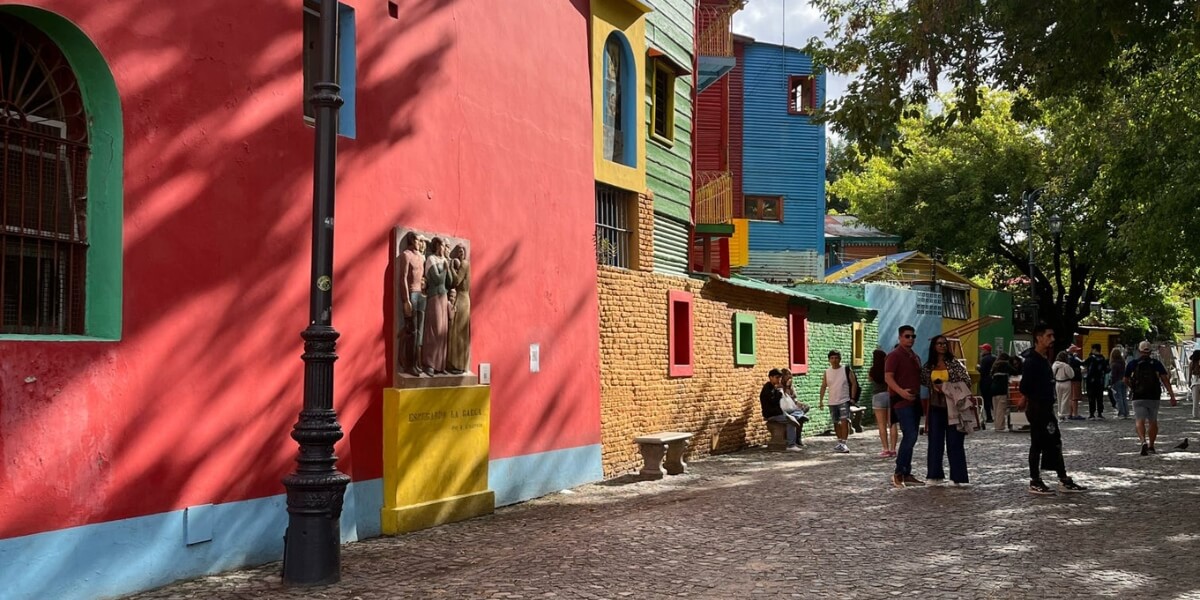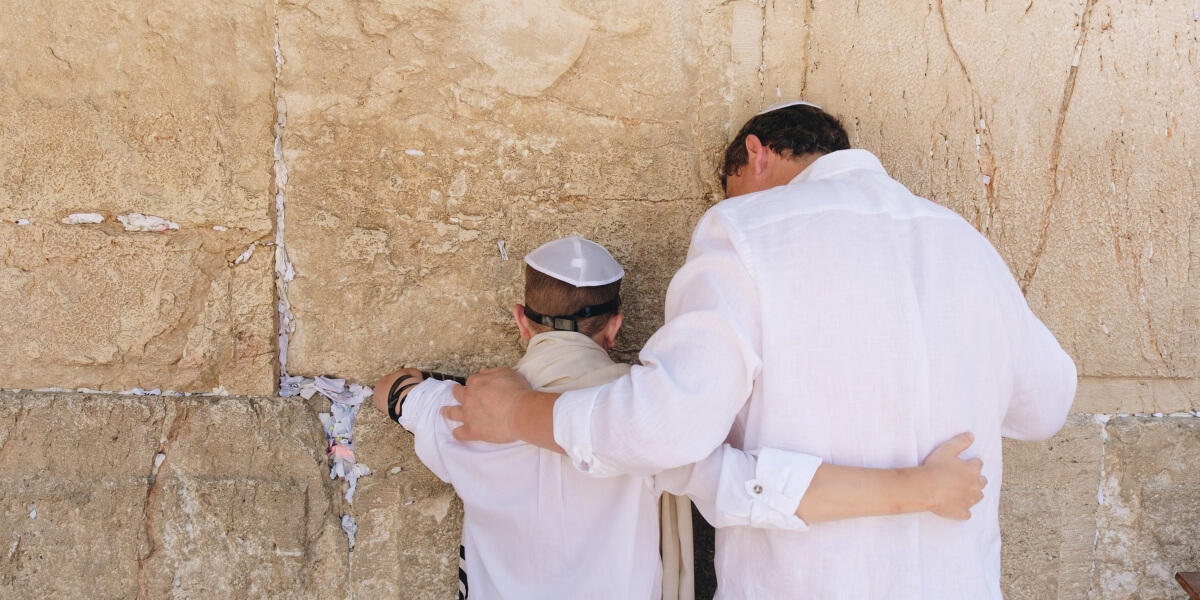This July 18th marks the opening ceremony for the The 19th Maccabiah Games in Israel where about 32,000 people are expected to attend. Gil Travel works closely in conjunction with Maccabi USA and Maccabi World Union to organize travel for the athletes and supporters of the Maccabi Games in Israel, Australia, South America and Europe. The US has the largest delegation of athletes and supporters to the Maccabiah Games. After attending the 18th Maccabiah Games 4 years ago in Israel, Macabi Carasso, 16 years old, “was struck then by the realization that Jews live in lands he didn’t expect. His “aha moment” came upon seeing Azerbaijan’s flag, which got him wondering which countries with Jewish populations did not send delegations to the games.” Carasso has helped to bring 21 new countries to Israel’s Maccabiah Games, visiting 18 countries between June 2011 and January of this year, in an effort to recruit Jewish athletes to participate in the quadrennial sports competition that dates back to 1932.
“The first arrows Roxana and Rafael Gonzalez launch at the upcoming 19th Maccabiah Games will take flight from their fingertips, but also from Jeffrey Sudikoff’s imagination. Roxana, 25, and Rafael, 24, are part of the first Cuban delegation to participate in the Maccabiah, a quadrennial sports competition that dates back to 1932. The siblings arrived July 3 in Israel from their native Cianfuaneos to continue their archery training in advance of the games, which open July 18.”
The first arrows Roxana and Rafael Gonzalez launch at the upcoming 19th Maccabiah Games will take flight from their fingertips, but also from Jeffrey Sudikoff’s imagination.
Roxana, 25, and Rafael, 24, are part of the first Cuban delegation to participate in the Maccabiah, a quadrennial sports competition that dates back to 1932. The siblings arrived July 3 in Israel from their native Cianfuaneos to continue their archery training in advance of the games, which open July 18.
They and hundreds more athletes might never have reached Israel had Sudikoff not been at Ramat Gan Stadium for the opening ceremony at the 18th Maccabiah four years ago.
Sudikoff was struck then by the realization that Jews live in lands he didn’t expect. His “aha moment” came upon seeing Azerbaijan’s flag, which got him wondering which countries with Jewish populations did not send delegations to the games.
Sudikoff, a venture capitalist in Los Angeles, approached the Maccabi World Union with a proposal to bring countries into the fold that had never participated. The result is the Small and Lost Communities project being funded by Sudikoff.
Of the 78 delegations and 9,000 athletes marching into Jerusalem’s Teddy Kollek Stadium to open the Maccabiah next week, 21 nations will be participating for the first time.
Some, like Bosnia and Uzbekistan, are only technically newcomers, having participated previously under the flags of the former Yugoslavia and Soviet Union, respectively. Others, like Cuba, Mongolia and Nicaragua, are true first-timers.
The man who helped bring them there is an Israeli with a name out of central casting. Macabi Carasso, 61, visited 18 countries between June 2011 and January of this year, some multiple times, in an effort to recruit Jewish athletes to participate in the games.
Carasso runs an automobile-import business started by his paternal grandfather in 1924 after emigrating from Greece to prestate Israel. He paid for his visits to the former Yugoslavia, Latin America and the Caribbean, among other places, from his own pocket.
In Nis, he was shown the Serbian town’s restored but unused synagogue. In Bitola, Macedonia, he saw a Jewish cemetery with “the most beautiful entrance,” but nothing visible beyond it.
Both towns, Carasso said, are devoid of Jews. Communities with minuscule Jewish populations, he realized, would meet similar fates without connecting to their coreligionists elsewhere, particularly in Israel.
“What we’re looking for in these communities is not a super-athlete — someone who jumps the highest or is a tennis champion — but to create a link between these communities and the Jewish world,” Carasso said by phone last week from his home at Moshav B’nai Tzion, near Raanana.
“We want to adopt them back into the Jewish world. I don’t think these communities are lost, but if we don’t do something soon, they will be lost.”
Carasso started with the countries of the former Yugoslavia, traveling throughout the region to promote the Maccabi movement and often screening a video of the 18th Maccabiah for those with whom he met. Bosnia, Croatia, Macedonia, Serbia and Slovenia — constituting nearly all of Yugoslavia’s former republics — will all send delegations to the Maccabiah.
In Havana, Cuban Jewish leaders were convinced a half-hour into their meeting with Carasso. Within three weeks he received a list of willing athletes from throughout Cuba.
Cuba’s 46-member delegation includes 11 folk dancers set to perform at the opening ceremony, then at a dance festival in the northern town of Carmiel. Besides the Gonzalez siblings, the delegation includes a men’s softball team and athletes in karate, table tennis and futsol (indoor soccer).
The “whole Jewish community in Cuba … is very excited” to be represented at the games, Rafael Gonzalez said Sunday from Kfar Hamaccabiah, the training center near Tel Aviv where he and his sister are based.
“I go to a university where the Jewish community is me,” said Gonzalez, an industrial engineering student. “Here there are many Jews. You’re more at home because the customs are the same.”
For Carasso, the most heartfelt experience in his travels was in Nicaragua, where he rented a hotel meeting room and a dozen people — perhaps one-fourth of the country’s Jews — came to see him.
“Nicaragua was the most difficult emotionally because if it were up to me, I’d bring them all here,” Carasso said. “It is a lost community. They are doomed. There are so few. For other countries, maybe I can foresee some future. There, I cannot.”
Nicaragua’s delegation will be among the smallest at the games: two long-distance runners and a chess player. Curacao will send a rower, El Salvador a squash player.
The entire endeavor does not come cheaply. Bringing just the first-time delegations to Israel and covering their in-country expenses runs between $700,000 and $850,000, said Eyal Tiberger, Maccabi World Union’s executive director.
Most of the cost will be paid by Sudikoff, who met Carasso only a year ago and knew he was the right man for the job.
“Macabi was just fantastic, energetic and with a big smile on his face,” Sudikoff said. “Ideas are worth nothing without execution.”
On the night of July 18, Sudikoff added, “I’ll be in the stands at the opening ceremony very proud of seeing this executed.””
– Haaretz, original article



